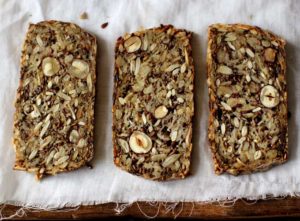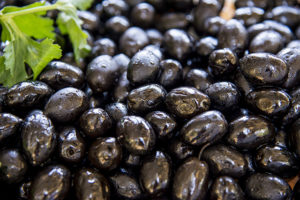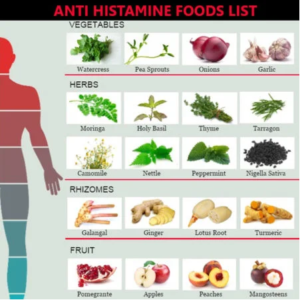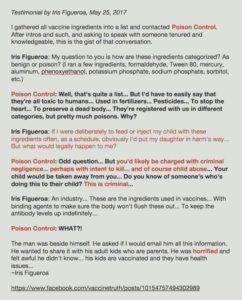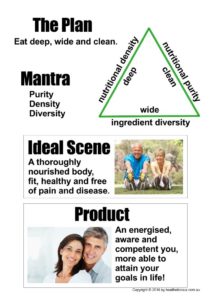There is a sneaky little culprit floating around in your blood that, when allowed to build up, can increase your risk of heart disease.
Unfortunately it’s also looking like this same little perpetrator has been linked to Alzheimer’s too.
I’m talking about homocysteine.
Homocysteine is a sulfur amino acid that comes from your digestion of animal proteins.
It’s not always a bad guy—as a matter of fact it does serve some valid functions in your body! Like many other amino acids, it’s used to build and maintain your tissues, and also to form protective little mechanisms in your inner artery walls…

